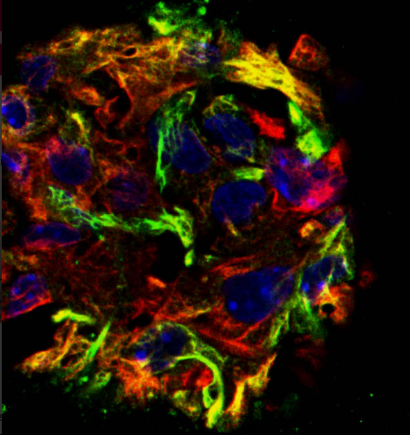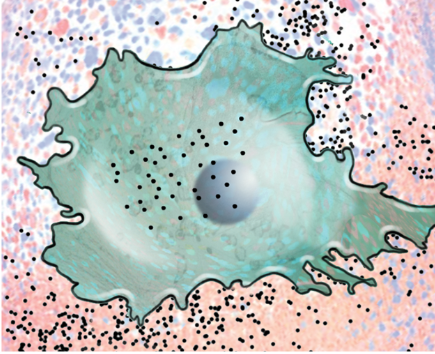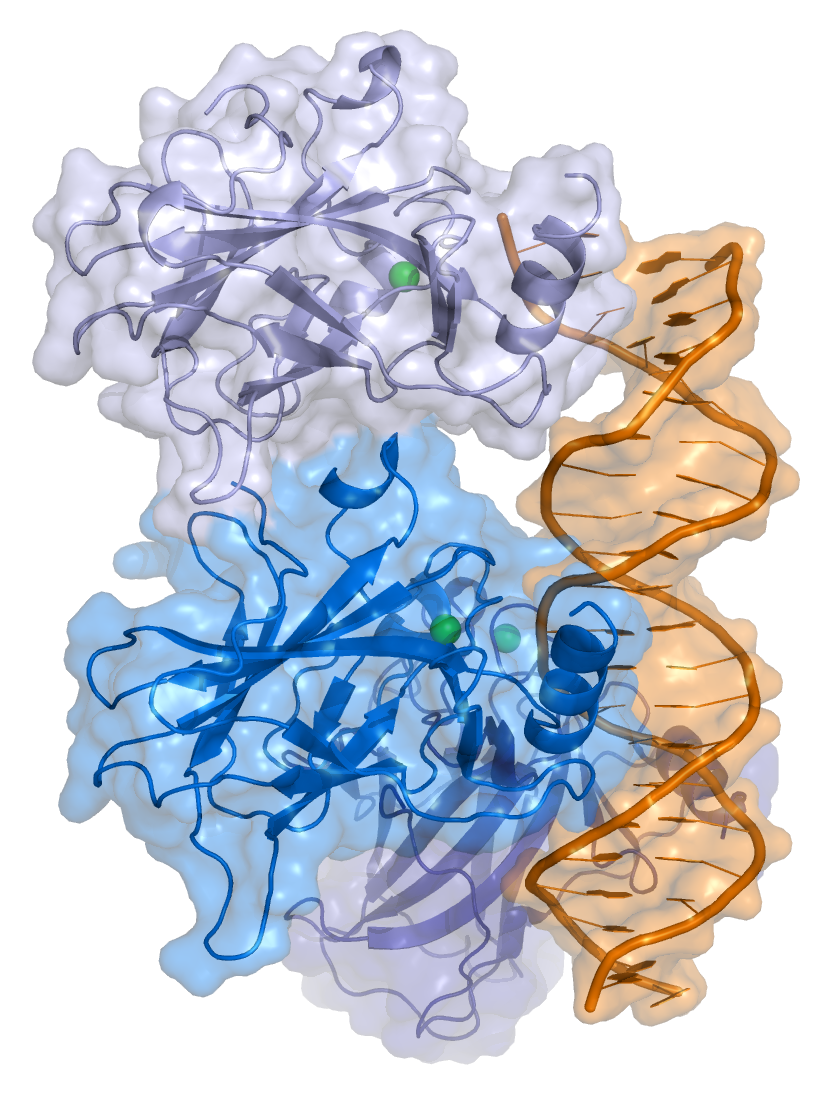One of the greatest challenges in oncology is to increase efficacy in destroying tumours.
When drug treatments do not totally eliminate tumour cells, it happens that the remaining ones become resistant to the following therapies.
This topic was investigated with a study published on 3 July 2023 in ‘Nature‘.
The researchers focused their attention on cells that are resistant to cancer treatments, in particular on the plasticity of these cells, and found that these therapy-resistant cells are smaller than the others.
Investigating the reduction in cell size they found that this decrease is due to an altered balance between protein degradation and protein synthesis, known as protein turnover, in favour of degradation.
Proteins are a class of macromolecules that contribute to cell size, the high frequency of protein elimination could be the cause of the decrease in cell size.
Chemotherapy triggers more degradation than synthesis of new proteins and also causes a state of stress, thus triggering in the cell a prolonged response to this condition; the cell will be on high alert and with every mechanism within it ready to work, so it can defend itself immediately if necessary.
Thus it will be possible to quickly activate many genes and reprogram their expression, which would make these cells virtually invincible.
What are the consequences of a smaller cell with a higher protein turnover?
- they have a higher protein turnover than cells not treated with chemotherapy, so they can change their shape more quickly;
- being smaller they have to use fewer resources to change the amount of a specific protein than a bigger cell;
- proteins are synthesised and then activate specific genes that give the cancer cell certain characteristics, such as not being detected by the immune system or forming metastasis.
The results obtained in this study suggest that cell size influences cell plasticity and the aggressiveness of the tumour itself; thus tumour aggressiveness and tumour cell size are correlated.
In the future focusing the researches on the plasticity of resistant cells could be a possible strategy to limit the formation of metastasis and increase the effectiveness of drug therapies.
SOURCE:




